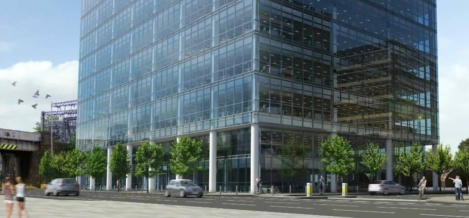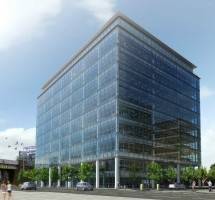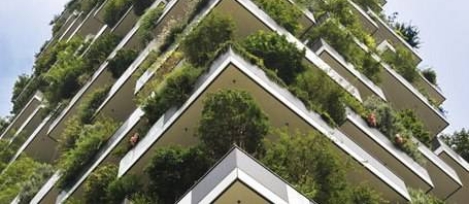February 19, 2016
A fifth of UK commercial property may fail to meet new energy standards 0
 Earlier this week, we reported on the surprisingly large proportion of the UK’s commercial property that emitted far more carbon than it was designed to produce. Now, a new report from Cushman & Wakefield suggests that nearly a fifth of commercial buildings in England and Wales could be barred from being let because it does not comply with new Government energy standards. The report urges owners and investors to understand their risk and where necessary make improvements to ensure their buildings exceed the minimum energy efficiency standard – or face the prospect of the value of their assets decreasing significantly. The Government’s Energy Act, passed in the last Parliament, included a provision that from April 2018 it will be unlawful to rent out a business property with an EPC rating below the Minimum Energy Efficiency Standards (MEES), which is an ‘E’ rating. Any building that fails to meet this requirement (rated ‘F’ or ‘G’) will be classed as “sub standard” and may suffer a substantial drop in value.
Earlier this week, we reported on the surprisingly large proportion of the UK’s commercial property that emitted far more carbon than it was designed to produce. Now, a new report from Cushman & Wakefield suggests that nearly a fifth of commercial buildings in England and Wales could be barred from being let because it does not comply with new Government energy standards. The report urges owners and investors to understand their risk and where necessary make improvements to ensure their buildings exceed the minimum energy efficiency standard – or face the prospect of the value of their assets decreasing significantly. The Government’s Energy Act, passed in the last Parliament, included a provision that from April 2018 it will be unlawful to rent out a business property with an EPC rating below the Minimum Energy Efficiency Standards (MEES), which is an ‘E’ rating. Any building that fails to meet this requirement (rated ‘F’ or ‘G’) will be classed as “sub standard” and may suffer a substantial drop in value.



































January 12, 2016
A cynic’s field guide to workplace terminology, part three 0
by Simon Heath • Comment, Facilities management, Technology, Workplace, Workplace design
(more…)